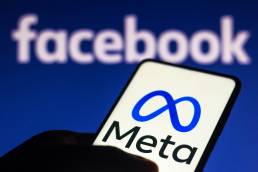The announcement comes directly from Marc Zuckerberg, the boss of Facebook: the company’s parent company is changing its name to Meta.
The aim behind this is to make the name more representative of all current and future activities of the group.
The names of the various social networks remain unchanged.

A company that changes its name is not surprising. It’s even common in the digital world. But when it’s the technology giant Facebook that does it, it’s a game changer.
Indeed, this Thursday, the boss of the Californian group, announced that the parent company of Facebook, WhatsApp, Instagram, Messenger and Oculus was changing its name, to become “Meta”. “Our brand was too tied to one of our services and didn’t reflect everything we do,” explained the group’s CEO, Marc Zuckerberg.
The new name Meta has its origin in an ancient language. Indeed, Meta means beyond in ancient Greek, which implies that there is always more to build.
The new name also refers to the metaverse. For Marc Zuckerberg, the metaverse is “the future of the Internet”, after computers and mobile phones, to which the public will have access to interact, work or be entertained via technologies (augmented reality glasses, virtual reality headsets, etc.).
This name change does not change the company’s structure. And the boss says that the different social networks will keep their different names.
For the company’s detractors, this change of name would come to silence the rumours and hide the controversies. A good communication move in short. Indeed, this announcement comes in the middle of the “Facebook Files” affair, massive document revelations on how the American company ignored internal reports and warnings on the damage created by the social network around the world, especially on teenagers.
That said, in his presentation, Mark Zuckerberg said very little about his company’s worries, and only in an abstract or positive way. “The last few years have taught me many lessons in humility,” he said.
“I’ve come to the conclusion that lack of choice and high prices stifle innovation, prevent people from building new things and hold back the entire digital economy,” he continued, referring to his rivalry with neighbour Apple and its ecosystem built around the iPhone.

